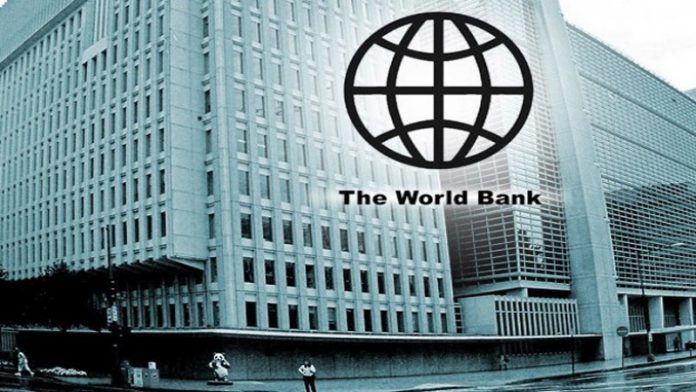ISLAMABAD:The World Bank on Friday approved $145 million to expand home ownership including women and the poor through access to affordable housing finance in Pakistan.
The Pakistan Housing Finance Project (PHF) will support the Government of Pakistan’s vision and strategy for housing development, says a statement here today.
The project will extend financial and technical assistance to Pakistan Mortgage Refinancing Company (PMRC), the Planning Commission (PC), and other institutions to increase availability of mortgage financing for households. Nearly a third of country’s population does not own homes and this pressure is rising with growing demand.
“This project will spur the development of housing mortgage market in the country and make housing finance affordable and reachable to many Pakistanis.” said World Bank Country Director for Pakistan, Illango Patchamuthu, .
“The beneficiaries will include women and low-income groups through improved incentives for ecofriendly homes”.
The project adopts an innovative approach including crowding in commercial financing for home ownership and providing greater incentives for women to become home owners. It also incentivises people to build energy efficient and green homes and adopt climate and disaster-resilient construction designs and materials.
“Pakistan’s mortgage finance to Gross Domestic Product ratio of 0.25 per cent is extremely low compared to the South Asia average of 3.4 per cent,” said World Bank Senior Financial Sector Economist, Korotoumou Ouattara, .
“There is a significant market gap across all segments of the population. The creation of PMRC marks an important step in achieving the Government of Pakistan’s objective to improve access to housing finance in the country.
The project will address the liquidity constraints of lenders, support capital market development, and create an enabling environment for a sound national housing policy.”
PHF is financed by the International Development Association, the World Bank’s fund for the poor, with a maturity of 25 years, including a grace period of 5 years.




